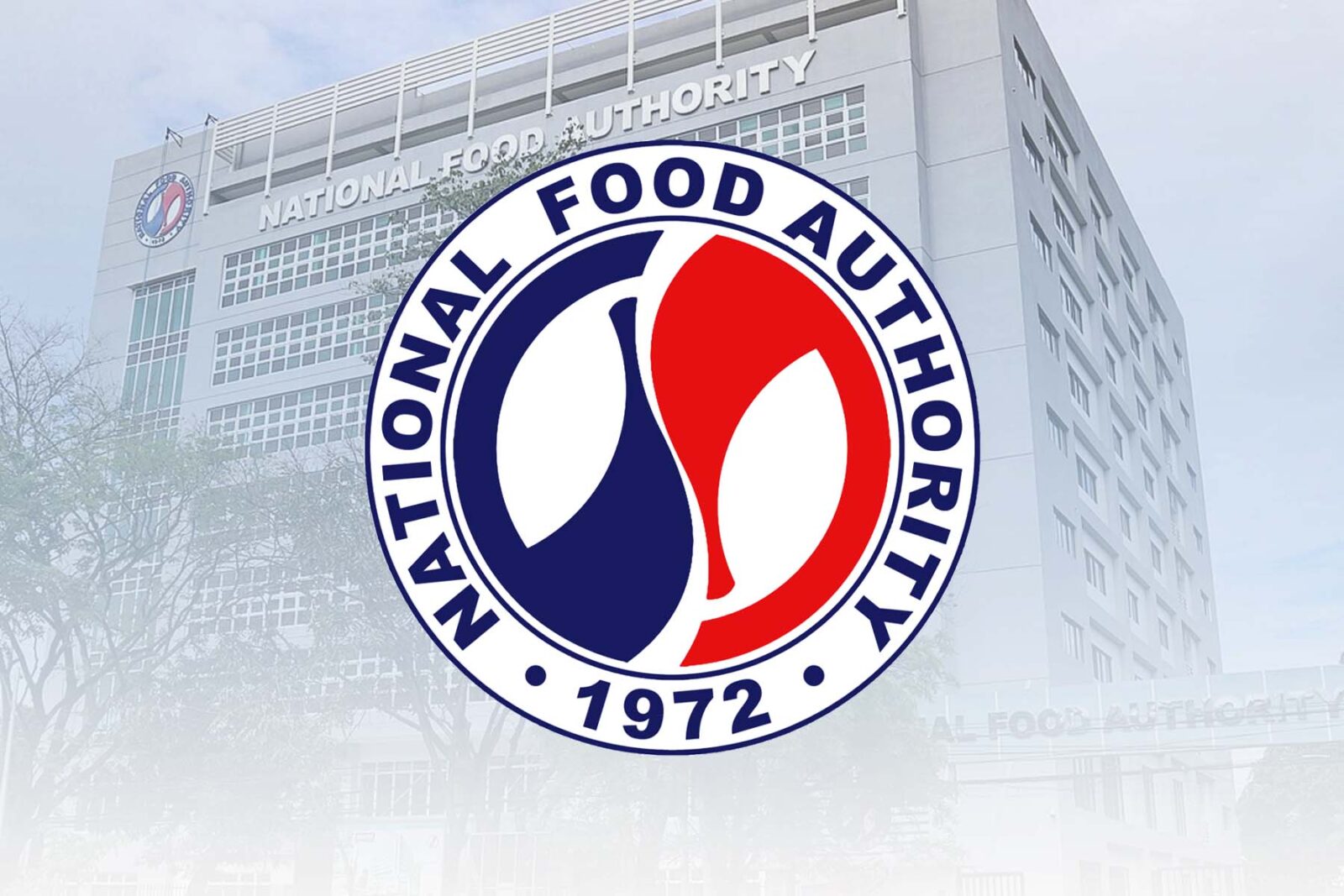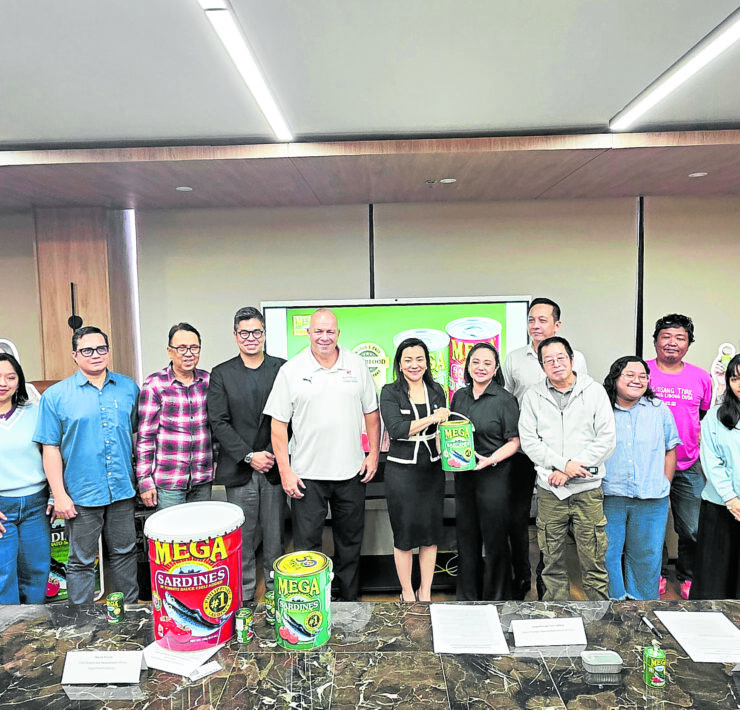NFA lowers palay sale limit per rice grower

The National Food Authority (NFA) has introduced stricter rules on buying palay (unmilled rice) from local farmers. These are meant to address claims that traders are taking advantage of this procurement process.
In a Zoom interview on Thursday, NFA Administrator Larry Lacson said on Thursday the policy change sets the purchase limit to 100 bags of palay per farmer per planting season, or a total of 200 bags yearly.
Lacson said in an online interview the new policy went into force immediately. This was after the NFA received various reports that traders are the ones benefiting from government procurement of palay.
Lacson clarified that while their existing regulations prohibit traders to sell to the NFA, the new policy will allay the apprehensions of the public and make the procurement process more transparent.
“We’re really serious in really effecting changes in the way we do things at the NFA so that we can effectively fulfill our duties and responsibilities to our farmers,” he said.
“We’ll be stricter with our evaluation. Because in the past, when farmers’ associations visit an NFA branch, sometimes only a representative shows up and farmers are not with them. Now, the farmer needs to show up and present their ID,” he added.
Lacson said the selling limit applies to all palay farmers nationwide, regardless of what was indicated in their Registry System for the Basic Sectors in Agriculture (RSBSA) records or the list from the local government.
The NFA said that only farmers registered in the RSBSA or who have submitted a certification from the local government or municipal agriculturist office which confirms that they are palay farmers are eligible to sell their produce to the grains agency.
The NFA staff will check if the farmer really has palay stored before any delivery and ensure that it was the same farmer who sold their produce to the grains agency.
Furthermore, each NFA warehouse will set a special table wherein farmers’ groups can observe the buying process.
NFA branches nationwide will be required to submit a monthly list of palay farmers and the respective volume of palay bought from them.
This list will be posted on bulletin boards and shared on the NFA’s official Facebook pages, subject to farmers’ consent and privacy laws.
They will also keep an eye on farmers who attempt to sell in areas where they are not registered.
“Every delivery must be logged—staff will write down the farmer’s name, vehicle plate number, and time of arrival in the guard’s logbook. Each sale will also be recorded in a Google Sheet by region and warehouse, and updated daily,” it added.
Meanwhile, any worker who is found cheating the system will be punished under the Magna Carta for Small Farmers.
Lacson said the stricter buying procedure won’t hamper the NFA’s buffer stocking efforts, adding that they continuously buy palay from farmers. He said the agency was 140 percent of its target for the current cropping season.





















